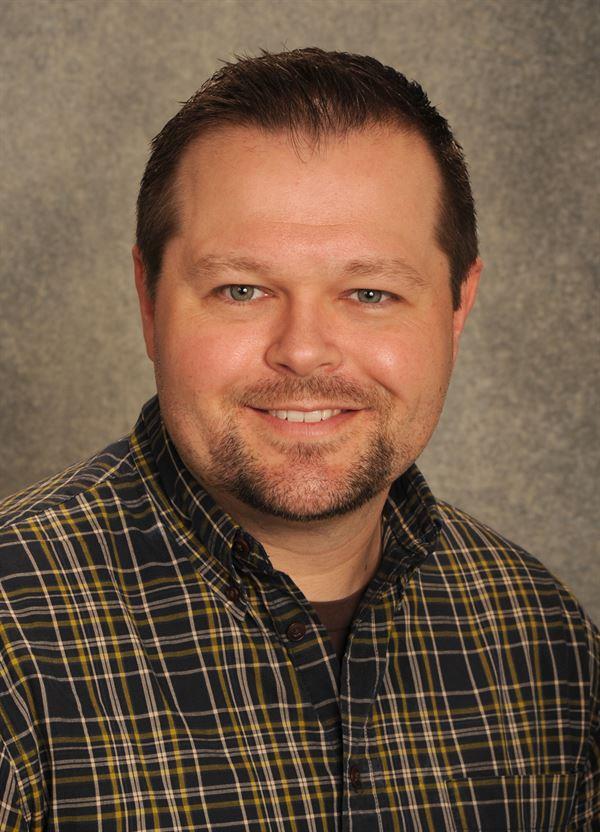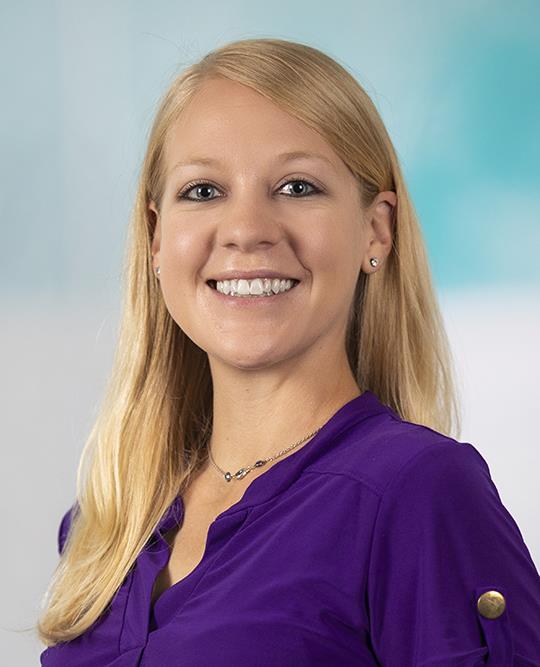- Doctors & Departments
-
Conditions & Advice
- Overview
- Conditions and Symptoms
- Symptom Checker
- Parent Resources
- The Connection Journey
- Calm A Crying Baby
- Sports Articles
- Dosage Tables
- Baby Guide
-
Your Visit
- Overview
- Prepare for Your Visit
- Your Overnight Stay
- Send a Cheer Card
- Family and Patient Resources
- Patient Cost Estimate
- Insurance and Financial Resources
- Online Bill Pay
- Medical Records
- Policies and Procedures
- We Ask Because We Care
Click to find the locations nearest youFind locations by region
See all locations -
Community
- Overview
- Addressing the Youth Mental Health Crisis
- Calendar of Events
- Child Health Advocacy
- Community Health
- Community Partners
- Corporate Relations
- Global Health
- Patient Advocacy
- Patient Stories
- Pediatric Affiliations
- Support Children’s Colorado
- Specialty Outreach Clinics
Your Support Matters
Upcoming Events
Child Life 101
Wednesday, June 12, 2024Join us to learn about the work of a child life specialist, including...
-
Research & Innovation
- Overview
- Pediatric Clinical Trials
- Q: Pediatric Health Advances
- Discoveries and Milestones
- Training and Internships
- Academic Affiliation
- Investigator Resources
- Funding Opportunities
- Center For Innovation
- Support Our Research
- Research Areas

It starts with a Q:
For the latest cutting-edge research, innovative collaborations and remarkable discoveries in child health, read stories from across all our areas of study in Q: Advances and Answers in Pediatric Health.


Chromosome 22q11.2 Deletion Syndrome Multidisciplinary Clinic
Chromosome 22Q (DiGeorge Syndrome)
We specialize in the big things, the small things and everything in between.

The Chromosome 22q11.2 Deletion Syndrome Multidisciplinary Clinic at Children's Hospital Colorado evaluates children with 22q11.2 Deletion Syndrome and provides comprehensive management and ongoing multi-disciplinary care for children and families affected by the syndrome. Our specially trained clinicians provide patients and families with the resources necessary to understand the diagnosis, determine the appropriate treatments and therapies, cope with the challenges and thrive with the syndrome.
What is 22q11.2 Deletion Syndrome?
22q11.2 Deletion Syndrome (22q), also known as DiGeorge Syndrome and Velo Cardio Facial Syndrome (VCFS), is a genetic syndrome that occurs in about 1 in 4000 live births. It occurs equally among males and females and across all racial backgrounds. In most cases 22q appears sporadically and babies born with it have no family history of this syndrome. There is nothing a parent did or didn't do to cause the syndrome. However, people with 22q have a 50% chance of passing it on to their children.
Characteristics of 22q11.2 Deletion Syndrome
This syndrome is caused by a small piece of genetic material, or genes, missing from the long arm (known as the "q" arm) of the 22nd chromosome. The name 22q11.2 actually describes the location of the missing genes. This deletion is associated with many symptoms that can affect nearly every system in the body. While symptoms associated with the syndrome vary widely from person to person, some of the more common findings include:
- Congenital heart defects
- Palate abnormalities
- Skeletal abnormalities
- Immune system problems
- Learning disabilities
- Feeding problems
- Chronic constipation
- Kidney abnormalities
- Psychosocial concerns
- Hypernasal speech
- Developmental milestone delays
- Anxiety
Diagnosis and treatment
Because 22q11.2 Deletion Syndrome has such a wide spectrum it can often go unrecognized and undiagnosed for years. However, it can be detected by a simple blood test called chromosomal microarray. A FISH (fluorescence in situ hybridization) test may also be used to detect the condition.
Once diagnosed, there are published management guidelines that screen for possible complications and identify targeted management plans. Because it is a multisystem disorder, it is necessary to have multiple, ongoing evaluations, treatments and interventions. However, it is important to note that some children with 22q have few signs or symptoms and require minimal assistance; most others respond well to tailored treatment programs.
Resources available for 22q11.2 Deletion Syndrome care
Following diagnosis, the Chromosome 22q11.2 Multidisciplinary Clinic works with families to coordinate a prescribed care program, directing families to the appropriate resources to address specific symptoms. This can include the services of:
- The Heart Institute
- Child Development
- Psychiatry and Behavioral Sciences
- Gastroenterology, Hepatology and Nutrition (Digestive, Liver and Pancreas)
- Hematology
- Kidney Center
- Urology
- Orthopedics
- Plastic and Reconstructive Surgery
- Otolaryngology (Ear, Nose and Throat)
- Hearing and Speech
- Neurology
- Breathing Institute
- Endocrinology
- Allergy and Immunology
- Dentistry
Why choose Children's Hospital Colorado for 22q11.2 Deletion Syndrome care?
The Chromosome 22q11.2 Deletion Syndrome Multidisciplinary Clinic is the only medical center in the Rocky Mountain region to take a comprehensive and integrated approach to managing the syndrome, drawing on an extensive range of pediatric services and specialists at Children's Colorado to provide the highest level of expertise to our patients. As experts in the problems and challenges of 22q, we bring together recognized pediatric experts in areas such as genetics, cardiology, immunology, craniofacial, otolaryngology, psychiatry, child development and endocrinology as needed to work with each family to meet their child's specific needs.
In addition, the clinic uniquely provides families with educational resources and the opportunity to connect with other families through a parent-directed network and support group specifically for those affected by 22q.
Contact us
We're here to provide answers and solutions for families affected by 22q11.2 Deletion Syndrome. For more information or to set up an appointment, please contact us:
Phone: 720-777-0020
Email: 22q@childrenscolorado.org
Next steps
-
Are you ready to schedule an appointment or have questions?
720-777-0020 -
Would you like to learn more about us?
Learn more about our Multidisciplinary Care

Compassionate care, wherever you are
We’re here when you need us. Telehealth appointments are available across every specialty, so you can get the high-quality care we’ve always offered from the comfort, privacy and convenience of home.
See if telehealth is right for you
Get to know our pediatric experts.

Peter Baker, MD
Clinical Biochemical Genetics, Clinical Genetics and Genomics - General, Pediatrics

Kathryn Kronquist, PhD
Clinical Molecular Genetics and Genomics - General
Patient ratings and reviews are not available Why?

Jessica Stansauk, MD
Clinical Biochemical Genetics, Cardiology - Pediatric, Pediatrics

Marisa Friederich, PhD
Patient ratings and reviews are not available Why?



 720-777-0123
720-777-0123




